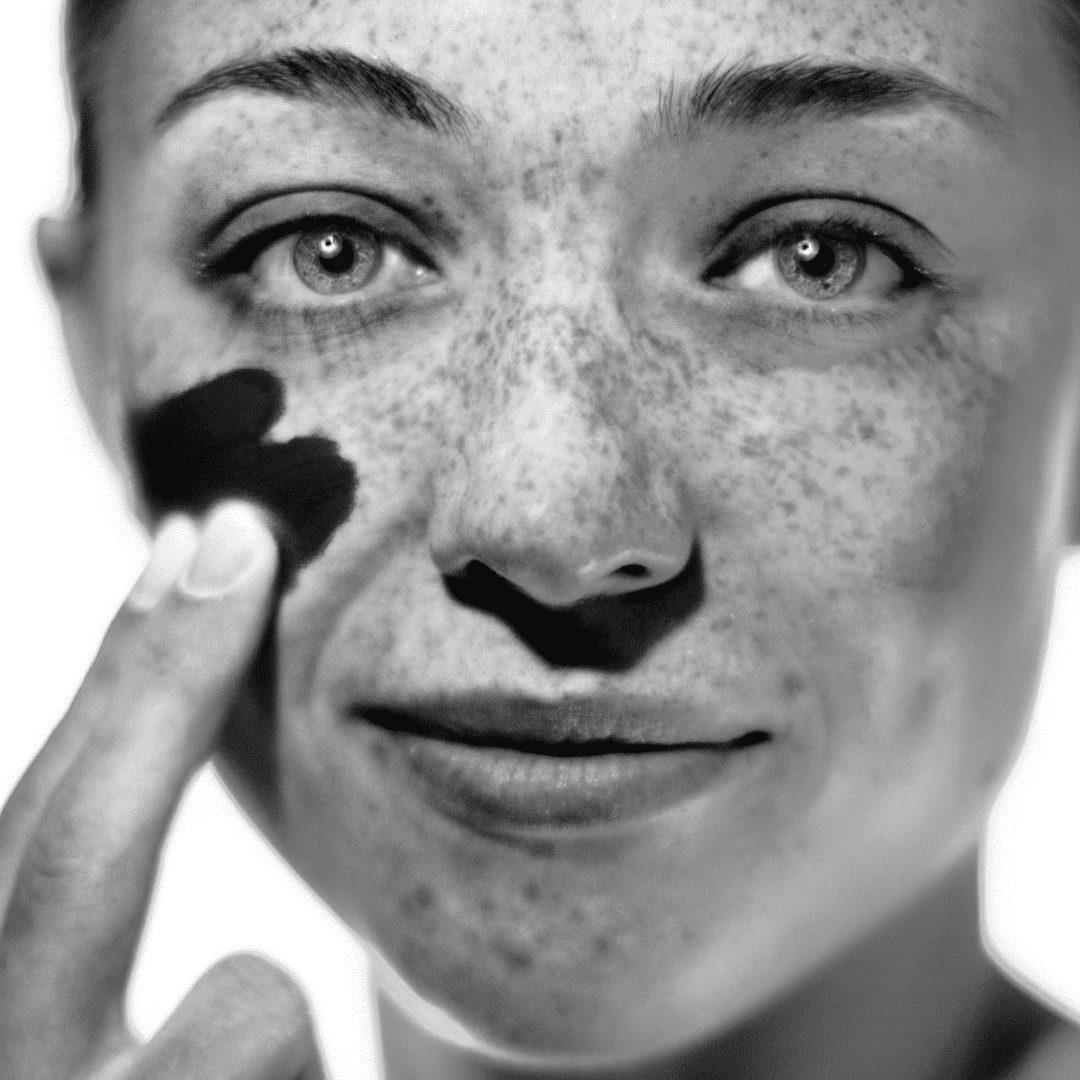Exposure to sunlight is essential for our overall health, as it provides us with vitamin D, which is crucial for bone health, immune function, and mood regulation. However, prolonged or unprotected exposure to the sun’s ultraviolet (UV) rays can have harmful effects on the skin. Below are some of the effects:
Sunburn:
UVB rays are primarily responsible for causing sunburn. When the skin is exposed to excessive UVB radiation, it becomes red, tender, and painful. Sunburn damages the outer layer of the skin, leading to peeling and flaking. Severe sunburns can also cause blistering and swelling.
Skin Aging:
Both UVA and UVB rays contribute to premature skin aging. UVA rays penetrate the skin deeply and can cause long-term damage to collagen and elastin fibers, leading to wrinkles, sagging skin, and age spots. UV rays also play a role in skin aging by causing DNA damage and promoting the breakdown of collagen.
Skin Cancer:
The most serious consequence of prolonged sun exposure is an increased risk of skin cancer. UV radiation damages the DNA in skin cells, leading to mutations that can trigger the development of skin cancer. The three main types of skin cancer associated with sun exposure are basal cell carcinoma, squamous cell carcinoma, and melanoma.
Photoaging:
Photoaging refers to the premature aging of the skin caused by repeated exposure to UV radiation. It is characterized by wrinkles, fine lines, uneven pigmentation, and a leathery texture. Photoaged skin is more prone to bruising and takes longer to heal from wounds.
Hyperpigmentation:
Excessive sun exposure can lead to the overproduction of melanin, the pigment responsible for skin color. This can result in the development of dark patches or spots on the skin, known as hyperpigmentation. Common types of hyperpigmentation include freckles, age spots, and melasma.
Weakened Immune Response:
UV radiation suppresses the immune system’s ability to defend against harmful pathogens and damaged cells. This can increase the risk of skin infections and decrease the skin’s ability to repair itself. Individuals with compromised immune systems are particularly susceptible to the effects of sun exposure.
Eye Damage:
Prolonged exposure to UV radiation can also damage the eyes, leading to conditions such as cataracts, macular degeneration, and photokeratitis (sunburn of the cornea). Wearing sunglasses with UV protection is essential for protecting the eyes from harmful UV rays.
Actinic Keratosis:
Actinic keratosis is a precancerous skin condition characterized by rough, scaly patches on the skin. It is caused by cumulative sun exposure over time and can progress to squamous cell carcinoma if left untreated. Regular skin examinations by a dermatologist are important for early detection and treatment of actinic keratosis.
To minimize the negative effects of sun rays on the skin, it is important to practice sun safety measures:
Apply Sunscreen: Use a broad-spectrum sunscreen with SPF 30 or higher, and reapply every two hours, or more frequently if swimming or sweating.
Seek Shade: Limit exposure to direct sunlight, especially during peak UV hours (10 a.m. to 4 p.m.).
Wear Protective Clothing: Cover exposed skin with clothing, hats, and sunglasses to provide additional protection against UV rays.
Avoid Tanning Beds: Tanning beds emit UV radiation that can cause skin damage and increase the risk of skin cancer.
By following these precautions and being mindful of sun exposure, you can help protect your skin from the harmful effects of sun rays and maintain its health and vitality for years to come.



